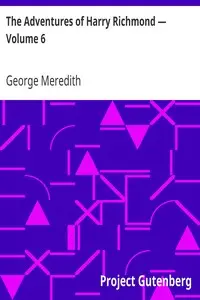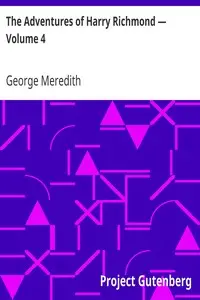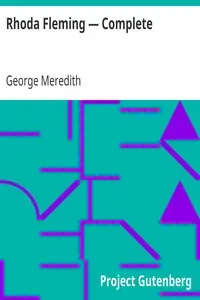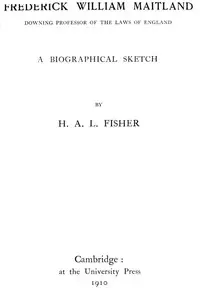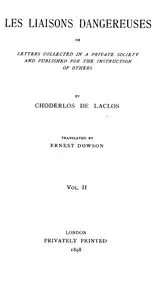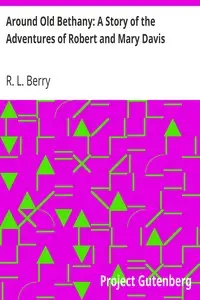"Lord Ormont and His Aminta — Volume 2" by George Meredith is a novel written during the late 19th century. The story revolves around the complex dynamics between the titular characters, Lord Ormont and his wife, Aminta, as they navigate the intricacies of their marriage and societal expectations. Central to the narrative is the tension between Aminta's desires for recognition and love and Lord Ormont's struggles with his own sense of honor and pride. The opening of the book introduces readers to Aminta in a state of languor as she converses with her aunt, Mrs. Pagnell, who expresses concern over the long separation from her husband, Lord Ormont. The dialogue reveals their strained marriage, characterized by misunderstandings and unfulfilled emotional needs. As Aminta grapples with her feelings of neglect, she reflects on her past and the burden of her societal position as a countess. The narrative hints at possible external influences that could exacerbate their marital issues, especially with references to skilled individuals in their social circle. This opening sets the stage for a complex exploration of relationships, societal norms, and personal identity. (This is an automatically generated summary.)
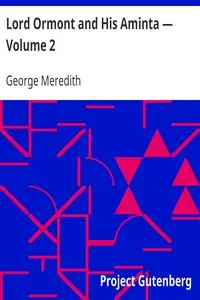
Lord Ormont and His Aminta — Volume 2
By George Meredith
"Lord Ormont and His Aminta — Volume 2" by George Meredith is a novel written during the late 19th century. The story revolves around the complex dyna...
George Meredith was an English novelist and poet of the Victorian era. At first, his focus was poetry, influenced by John Keats among others, but Meredith gradually established a reputation as a novelist. The Ordeal of Richard Feverel (1859) briefly scandalised Victorian literary circles. Of his later novels, the most enduring is The Egoist (1879), though in his lifetime his greatest success was Diana of the Crossways (1885). His novels were innovative in their attention to characters' psychology, and also portrayed social change. His style, in both poetry and prose, was noted for its syntactic complexity; Oscar Wilde likened it to "chaos illumined by brilliant flashes of lightning". Meredith was an encourager of other novelists, as well as an influence on them; among those to benefit were Robert Louis Stevenson and George Gissing. Meredith was nominated for the Nobel Prize in Literature seven times.


